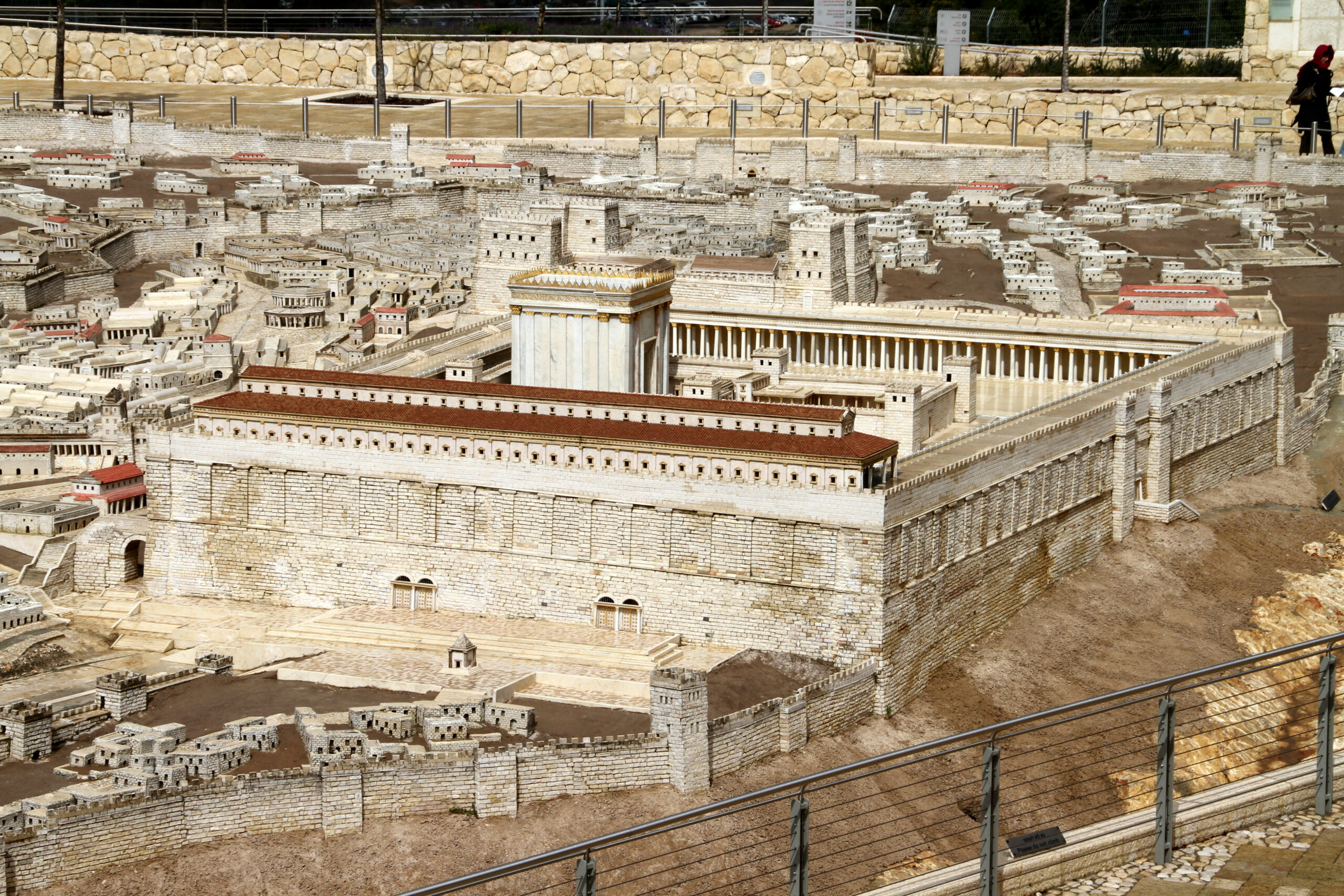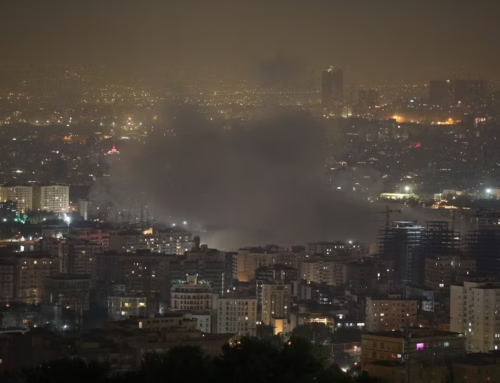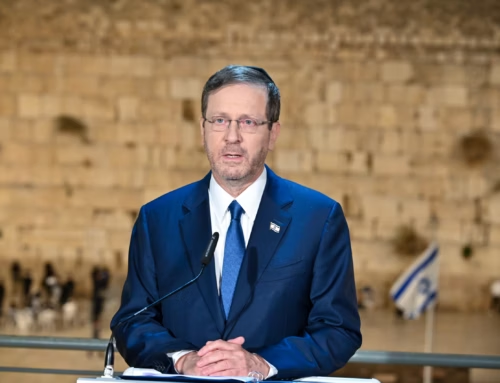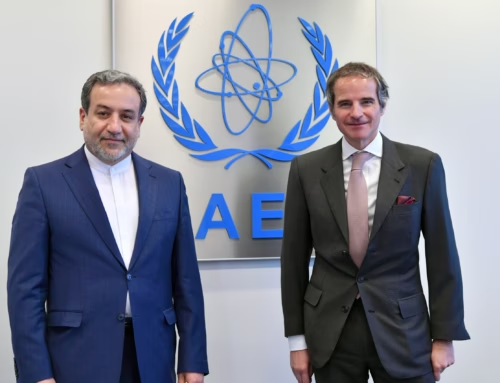Who may enter the Temple Site?
At the start of the year, Israel’s new Minister of National Security Itamar Ben-Gvir visited the Temple Mount in Jerusalem. The Palestinians and Arab world saw this as a provocation. Throughout history Jews have been barred for long periods from visiting holy sites in Jerusalem.

A model of Herod’s Temple at the Israel Museum in Jerusalem. Photo: Gerd Eichmann
Ben-Gvir advocates changing the status quo at the Temple Mount, where Muslims today are allowed to pray and enter without restriction. Jews can only visit for limited hours through a single gate and follow a predetermined route, escorted by police. This informal agreement was reached between Israel and Jordan after the 1967 Six-Day War. It was based on an Ottoman-era arrangement in which the Jordanian-run Jerusalem Islamic Waqf is responsible for managing the area and setting rules of conduct, while Israel is in charge of security and overall accessibility.
Jews and non-Muslims can therefore visit the area but are not allowed to pray there. Jordan described Ben-Gvir’s visit, which was made possible thanks to heavy police coverage, as a “storm”. The US also criticized the visit and the UN Security Council met at the request of the United Arab Emirates and China to discuss the issue.
During last year’s Jewish Passover holiday, Arabs tried to prevent Jews from visiting the Temple Mount and attempts by Israeli police to make room for them led to violent riots. Arab rioters set off fireworks and threw rocks and Molotov cocktails at security forces. Israel’s police announced in late April that the Temple Mount will be closed to Jewish visitors “until further notice” due to clashes between Arabs and Israeli security forces.
In September 2000, the then foreign minister, Ariel Sharon, made a high-profile visit to the Temple Mount and a Palestinian uprising was started in response — the Second Intifada, which brought with it a wave of horrific suicide attacks against Israeli civilians. One example, the Pesach massacre at the Park Hotel in Netanya on 27 March 2002 resulted in thirty civilians dead and 140 injured.
Over 700 Israeli civilians were killed by Palestinians during the second intifada, which also saw the start of shooting, stone throwing, and rocket attacks from Gaza. About 10,000 missiles were fired at civilian targets in Israel in the years 2000–2008. Over 4,000 Palestinians were killed during the second intifada, over half of them soldiers or perpetrators of violence. More than 500 Palestinians were killed by their own people.
Tunnel opening sparked riots
In 1996, Prime Minister Benyamin Netanyahu decided to open a tunnel next to the Western Wall that ended in the Arab Quarter. The decision led to several days of violent Palestinian rioting and the UN Security Council meeting immediately to discuss the events. US President Bill Clinton also urged Prime Minister Netanyahu to close the entrance.
The UN Security Council resolution was adopted by 14 votes to 0 (the US abstained). It called on Israel to “immediately cease and desist from any actions that have resulted in the worsening of the situation.”
Muslim claims to Jerusalem often go back to the fact that Muslim rulers once had control over the area. Turkey’s president, Recep Tayyip Erdogan, suggested in late 2020 that Jerusalem belongs to Turkey, citing the Ottoman Empire’s control of the city until 1917.
“In this city, which we had to leave, in tears, during the First World War, it is still possible to come across traces of the Ottoman resistance. So, Jerusalem is our city, a city from us,” Erdogan told Turkish lawmakers during a political speech in Ankara.
Suleiman the Great
In his speech in the Turkish parliament, Erdogan lamented the fate of Jerusalem and the Palestinians:
“The issue of Jerusalem is not an ordinary geopolitical problem for us. First of all, the current physical appearance of the Old City, which is the heart of Jerusalem, was built by Suleiman the Great, with its walls, bazaars and many buildings. Our forefathers showed their respect for centuries by holding the city in high esteem,” Erdogan said, claiming that the Palestinian people had lived in Jerusalem “for thousands of years”.
In late 2021, the UN General Assembly approved a resolution by a vote of 129-11 that denied Jewish ties to the Temple Mount and used only its Muslim name al-Haram al-Sharif.
The US, which opposed the text, said the omission of an inclusive terminology for the temple site was of “real and serious concern”.



